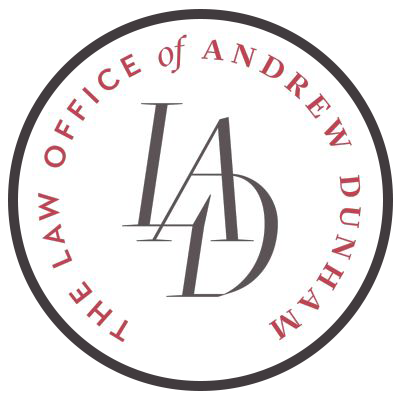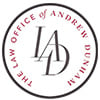I’ve always been a bit of a collector or connoisseur of unusual words. One of the great and terrible things about the English language is that there are usually a dozen different words to convey the same basic idea. For example, if you want to say that someone talks a lot, you can call them wordy, chatty, verbose, garrulous, loquacious, prolix, or a dozen other things.
What’s more, though we think of these words as synonyms, they each have their own unique shade of meaning and the true artist of language knows exactly when to use which one. Verbose or prolix each have a mildly negative connotation, while garrulous or loquacious are more complimentary. Your droning political science professor is verbose, while your favorite uncle who holds court at Thanksgiving is loquacious.
I think these odd and unusual words are great, and I wish I could use them more without appearing pedantic. Why call someone a crybaby when you can say they are lachrymose? Is it a better burn to call someone chicken or pusillanimous? Will your sweetie be more impressed if you call her pretty or if you say she is resplendent?
One of my favorite old-time words is “foursquare.” It means solid, unswerving, firm, steady. But it’s more than that. It originally referred to a city or building so solid as to be unassailable, one built on an unshakable foundation of four secure cornerstones. Your local bank is safe; Fort Knox is foursquare.
An effective estate plan is foursquare. It records the client’s wishes in unassailable language and efficiently carries out those wishes to the greatest extent the law will allow.
And, just as a foursquare building has four solid corners, most estate plans are founded on four documents: the last will and testament, the statutory durable power of attorney, the medical power of attorney, and the directive to physicians or living will.
In the next four weeks, I’ll take a closer look at these four documents. But, if you have not yet taken care of your estate plan, or, if you have one but feel that it’s less than secure, don’t hesitate: contact a qualified attorney to shore up your estate plan today.

